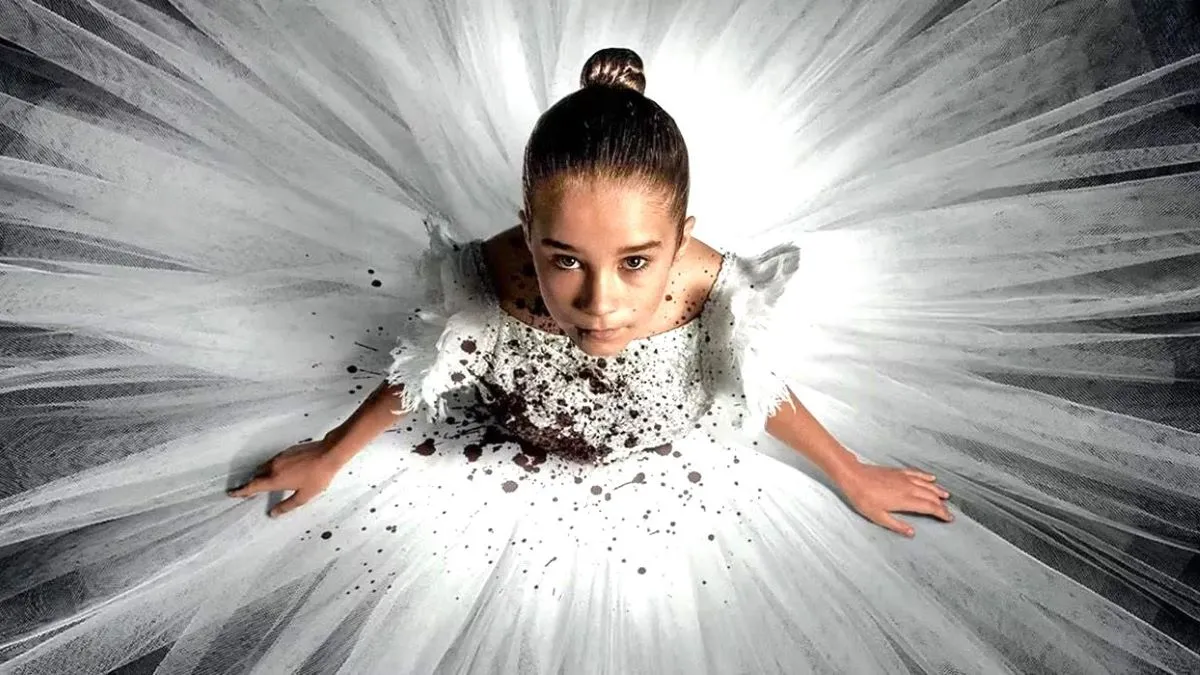
Among my favourite things about The Americans is its sense of history. Not just the period aesthetic, which lets the characters dress retro chic, and gives the creators license to bust out hilarious old technology like the mail robot. It’s the narrative history of The Americans that gives the show a real sense of place. Having a scene where characters discuss Reaganomics while listening to a Tears for Fears record will signal to the viewer that what they’re watching is set in the ‘80s, but unless we believe that this moment was preceded by years, even decades of backstory, the use of the period is really just window dressing.
Because its drama is so closely tied to politics, The Americans has the luxury of pulling from real history to ground the present tense action. But our investment as viewers comes from watching how people like the Jennings come to make the next crucial decision in their lives, not whether or not that decision will mean a victory for Russia in Afghanistan (spoiler alert: no). The series has slowly, deliberately revealed details about Philip and Elizabeth’s pre-American lives, but we still have two seasons worth of material to reflect on when considering how each new challenge they face will be informed by those past experiences we’ve witnessed.
That being said, The Americans is so densely plotted that remembering every detail of the show’s personal history can be a challenge. I would be lying if I said there weren’t two moments in tonight’s episode, “Divestment,” that had me hit the pause button, and run off to a Wiki page to do a little extracurricular reading. It’s rare that The Americans ever play things so close to the vest that you can’t pick up the intent of a scene through context, but the long game the show likes to play is sometimes so long that I feel like I can forgive myself for needing outside confirmation that Vasili (who we haven’t seen since a brief appearance late in Season 2) is both the Rezidentura head Nina framed, and her new boss.
The expanse of the web that The Americans likes to weave is often just as impressive as the skillful threading of one plot to the next, but given how focused the show has been on Elizabeth and Philip of late, it makes sense that “Divestment” would put the Jennings in the backseat for an hour. Season 3 seems to be breaking down into a subset of smaller two to three-part story arcs, with Annelise’s death, Kimberly’s development, and now the apartheid movement giving our favourite undercover operatives an immediate mission to work on. As a result, we’ve lost touch with Oleg, Arkady, and even Martha for multiple episodes at a time (new players like Zinaida and Tatiana have been AWOL even longer), so it’s high time that the supporting cast take over for a change.
The return of Vasili, Baklanov, and the entire stealth subplot is likely proof that The Americans isn’t done with Reuben and Todd just yet. “Divestment” would be far too tidy an end to the South Africa story, were it to end here, but the show never uses a period where an ellipsis makes more sense. Last week’s van-napping gets cleaned up pretty efficiently by the Jennings and Reuben, with Venter’s grisly demise scaring Todd into coughing up the bomb he was going to use to discredit America’s burgeoning anti-apartheid movement. Even considering all the horrible things we’ve watched them do, torturing Venter (even off screen) and letting him be burned alive is a hard thing to watch Philip and Elizabeth allow; their expression as Venter lets out the last rattle of air in his melted lungs suggests even they know this is some *%#$ed up business.
What I like about how Joshua Brand writes the scene, and the rest of Reuben’s story for the night is in how he doesn’t let anyone off the hook, ourselves included. It would have been easy enough to just let Venter just be a racist, pro-apartheid thug, but his plea for Reuben to reconsider his allegiance is not without merit. Elizabeth has strong personal reasons to want to see the end of a racially oppressive government, but is it possible to believe that communist support of the ANC is entirely free of the allure that the area’s natural resources have? Is it enough to be on the right side of history if it’s for the wrong reasons?
A week ago, Elizabeth would have probably agreed with Reuben that Todd needed to take a permanent sabbatical. But knowing how fragile Philip is right now, and what this whole mess reflects about little Mischa in Afghanistan, she chooses the riskier, more humane option. It’s perhaps because Reuben has so grimly resigned himself, and even his sons to an early death that he can accept the Jennings’ decision. As he tells Philip later, he can relate to the familial strain that comes with devoting your life to a cause. Thanks to his zen-like sense of fatalism, he’s even able to accept that the wife he loves might not be faithful to him after all these years of fighting.
“Divestment” explores the limits of forgiveness from a number of different angles, either by exposing hidden indiscretions, or setting up new ones that will inevitably be exposed in the future. Paige’s research into her parents leads her to MLK’s “Why We Can’t Wait” (Paige Jennings: America’s most well-read 15-year-old), and microfiches about Gregory’s work as both a civil rights activist and drug dealer. Again, the balance of ends and means comes into question: Paige looks to her mother to know when a right cause is outweighed by the wrong methods, but the answer isn’t one that’s simple enough to spell out in Paige’s Alpha-Bits.






